Inclusive Education Ambassadors
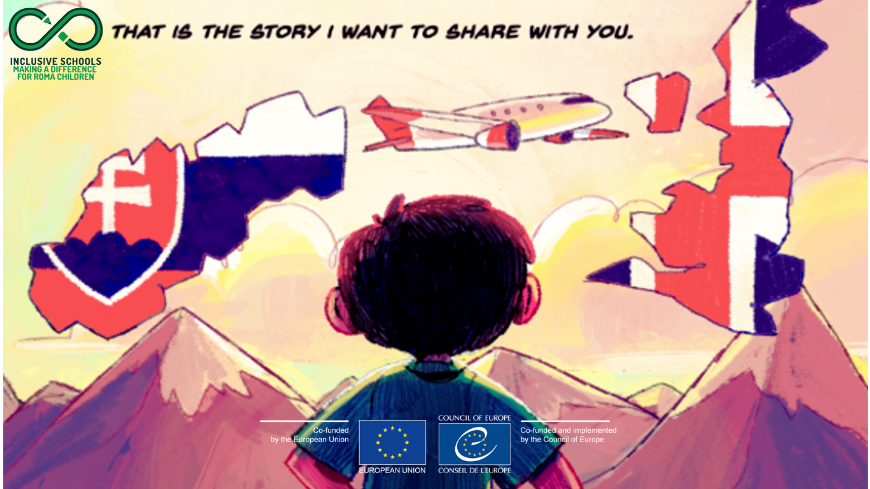
The European Union and Council of Europe Joint Project “Inclusive Schools: Making a Difference for Roma Children” (INSCHOOL) launched the Inclusive Education Ambassador with an objective of raising the awareness of the general and professional public about the benefits and value of inclusive education. The initiative also strives to support the capacity of schools, educators and relevant education authorities to improve learning environments and governance processes to respond to the needs of all children irrespective of their socio economic, ethnic, language and other differences.
Twelve selected “Inclusive Education Ambassadors” from Albania, Bulgaria, the Czech Republic, Hungary, Portugal, Romania, the Slovak Republic, and the United Kingdom met for the first time on 28-29 March 2023 in Strasbourg to discuss and develop specific activities for promoting inclusive education and desegregation of Roma and Travellers in their respective countries. The country-specific action plans are in preparation and the implementtion of activities is expected to commence over the summer in 2023.
The Ambassadors are individuals who have an inspirational story from education, either from personal success or hardship and are willing to share it with the wider audience in order to bring tangible changes in education policy and pedagogic practice.
See more information about the event here
Bulgaria
Silvia Vasileva Stancheva
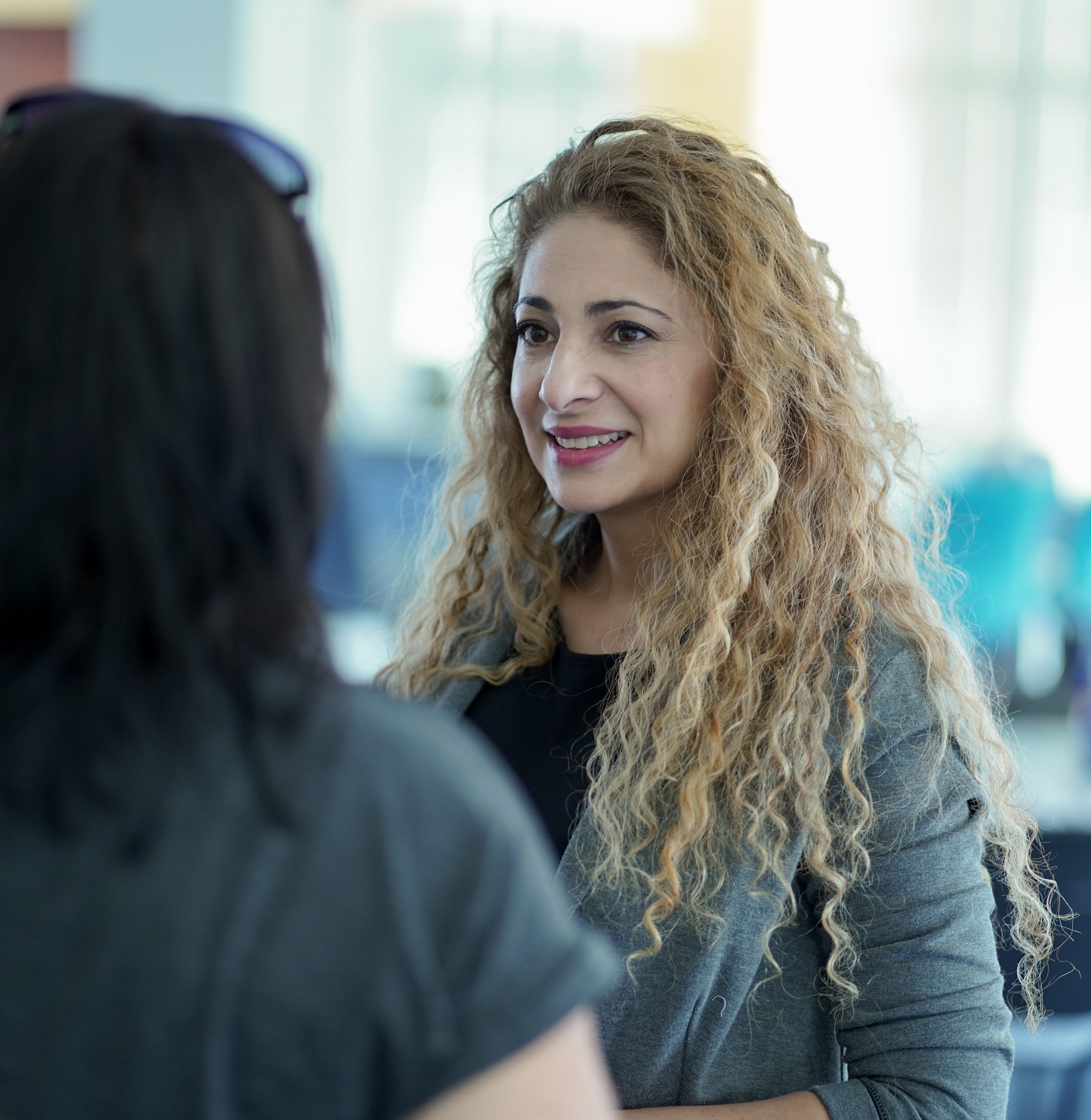
A former pre-school education teacher and an expert in early childhood education, she holds a Master in “Civic and intercultural education" and a bachelor’s degree in preschool and primary school pedagogy. Her professional experience is related to being a teacher - working to decrease school dropout, providing extracurricular and pedagogical support, delivering trainings on intercultural education and more specifically on Roma history and culture. She has an extensive experience in working with parents and applying different strategies for their participation and engagement in education. Ms Stancheva went to Roma only school in Bulgaria and helping Roma girls return to school is motivated by her personal experience with arranged marriage and the difficulty in accessing higher education.
Czech Republic
Magdaléna Karvayová
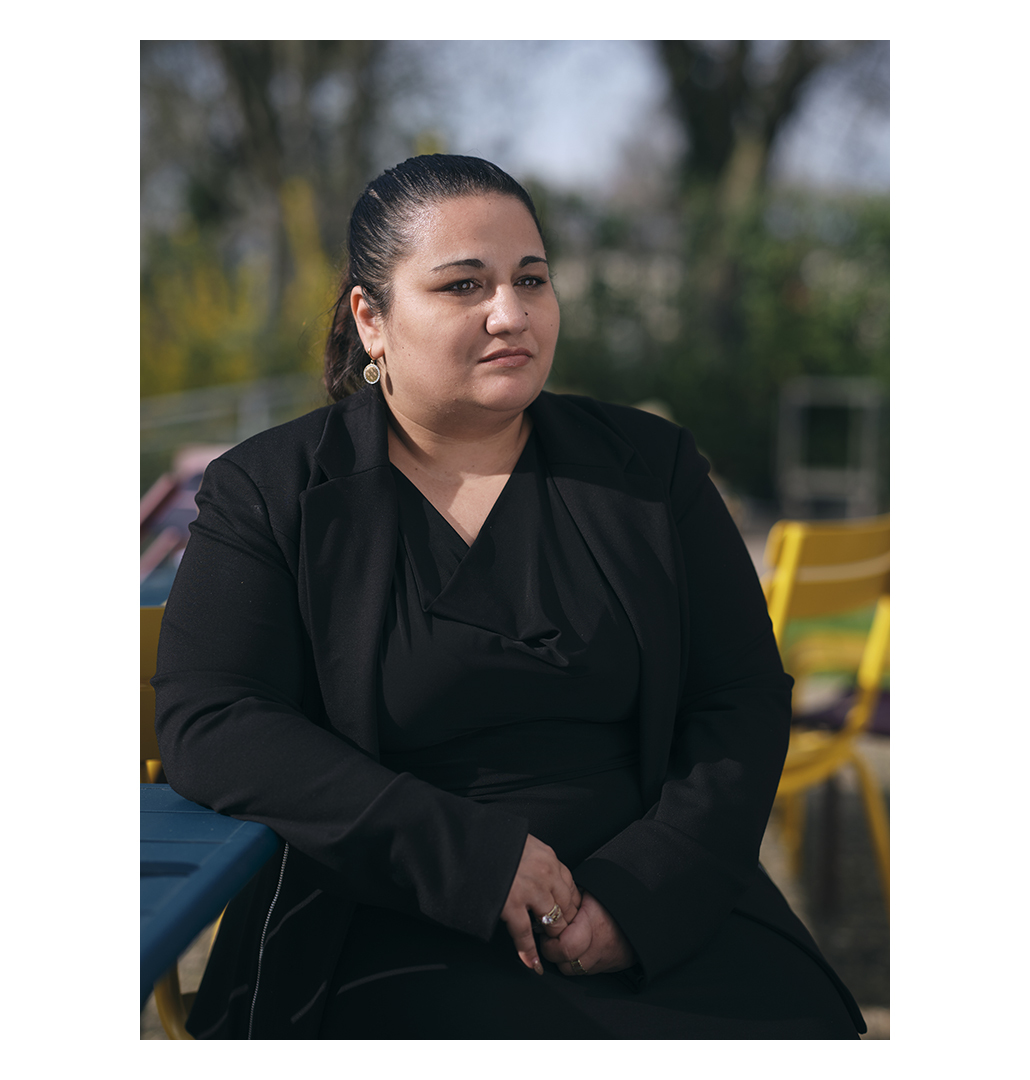
An experienced, well-spoken and committed community organiser working to ensure Roma children's access to inclusive education and for the empowerment of Roma parents, she has an international and national experience on advocacy for desegregation. She has engaged and worked with the European Commission to analyse data concerning segregation of Roma children, coordinated activities for the execution of the ECtHR judgment D.H. and Others v. the Czech Republic and supported the preparation of the education section of the Czech national Roma Integration Strategy. Magdaléna's personal struggle with racial abuse and bullying and consequent experience in an inclusive schooling environment is among her biggest motivations to continue to advocate for quality and inclusive education for Roma children.
Julius Mika
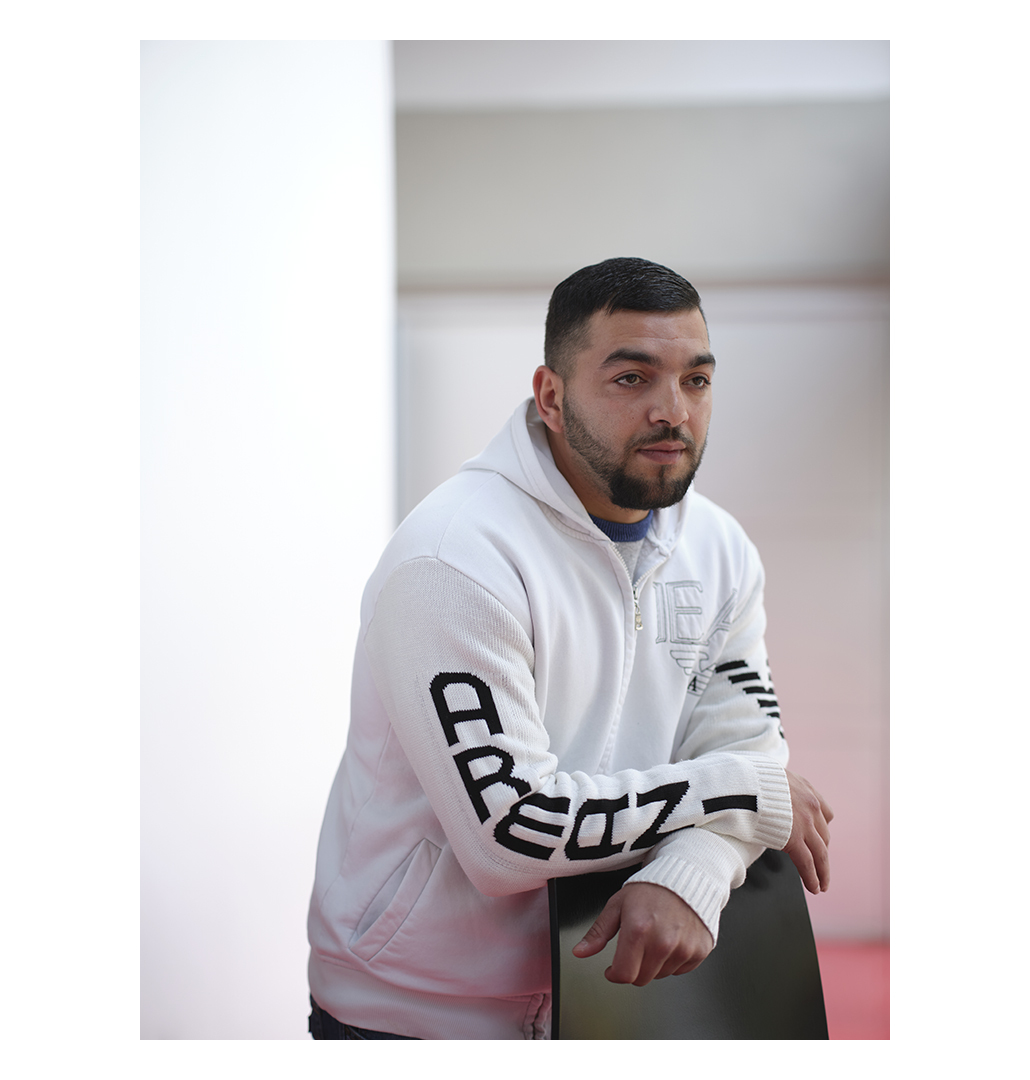
As one of the children in Ostrava directly affected by segregation when the D.H. and Others v. the Czech Republic (No. 57325/00) case was underway, Julius was subjected to a reduced curriculum in a 'special school', almost exclusively composed of Roma children and with inadequately prepared teachers not motivated to ensure quality education. After the announcement of the ECtHR judgement and with the help of his mother, he was transferred to a mainstream school where he had to repeat two years due to differences in curricula quality, and consequently did not complete his compulsory education. Now working in the private sector, Julius shares his personal story, motivated to actively work on awareness raising activities in the Czech Republic with the mere intention to shed light on the consequences of segregation and the positive impact a quality inclusive education would have on the dropout rate and social inclusion of Roma children.
Hungary
Dóra Ónody-Molnár
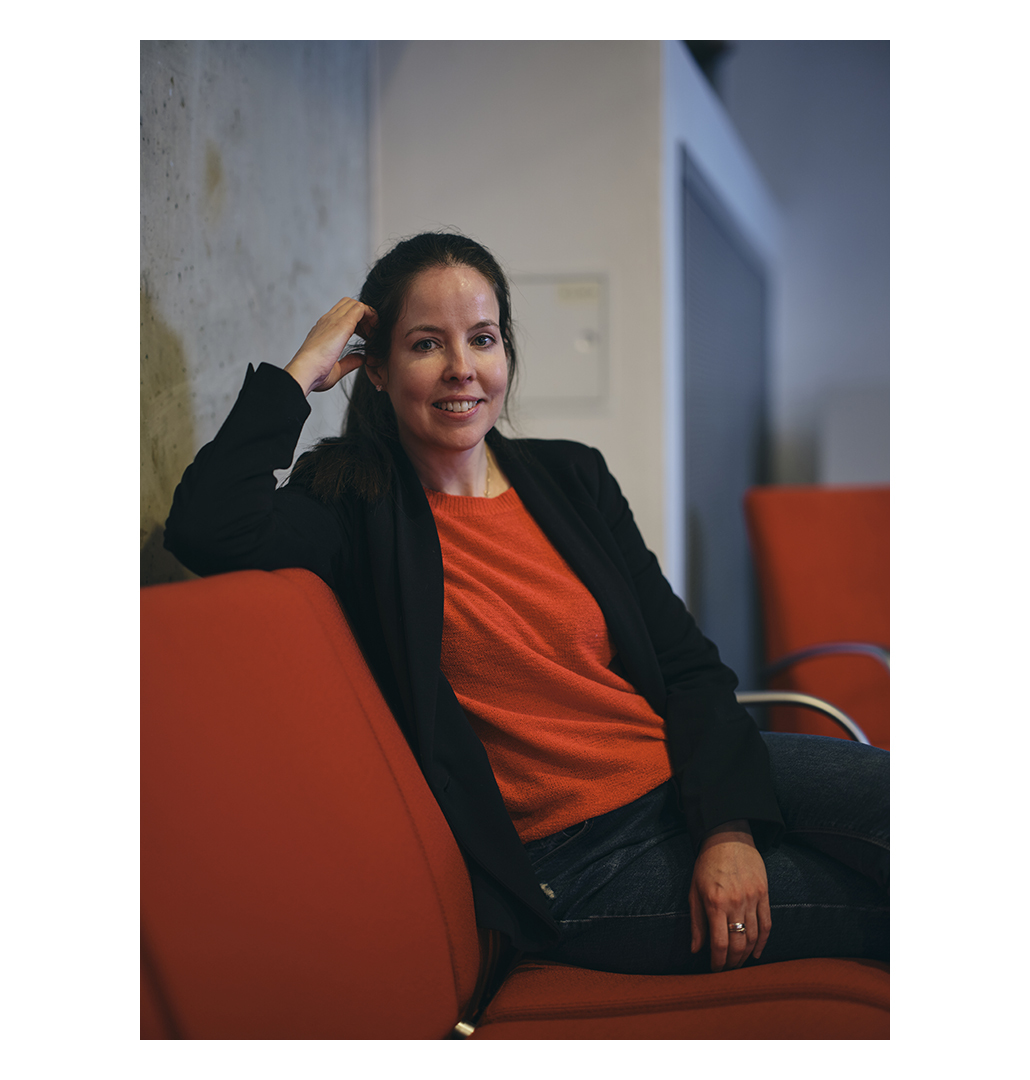
A journalist since 2006, she specializes in education, gender issues, human rights, and equal opportunities. Writing extensively on women’s political representation, Roma children’s rights and equal opportunities in public education, she has been interviewed several times by the European Commission (EC) before the initiated infringement proceedings against Hungary, related to the educational segregation of Roma children. She advocates that a prosperous country needs to be built on the premise of Roma and non-Roma learning together in schools and that the system of segregation is one of apartheid, which is negatively impacting Hungarian children and depriving them of the opportunity for upwards social mobility. With her articles, she would like to reduce the prejudice against minority communities. In her work as a journalist, she is keen to show, through good examples and good practices, that inclusive pedagogy is good for all children.
János Orsós

President of Jai Bhim Network (church) which helps Roma communities in Hungary and focuses on countering prejudices and fostering inclusion. For the last 14 years, he has contributed to founding several NGOs in Szolnok, Borsod and Baranya County. János has been involved in the founding of a new type of second chance secondary school as well as a new high school in Sajókaza, Borsod county. He worked for several years with Amrita Association as a Project Leader of the Phare project in Community House, a centre for disadvantaged young people in Pécs. The objective of the association was to increase the opportunities of young people through an after-school study programme. He has also worked for the Hungarian Ministry of National Education Integration Network in Budapest as a Regional Coordinator, where he was responsible for overseeing municipalities' applications for EU funding, making sure they comply with equal opportunity guidelines and recommendations. With experience in social work, he furthermore knows, knows the Roma community well and speaks the local Romani dialect. János is a graduate of Waldorf Pedagogical Institute which focuses on a threefold learning process - engaging head, heart, and hands— or thinking, feeling, and doing.
Portugal
Bianca Coutinho
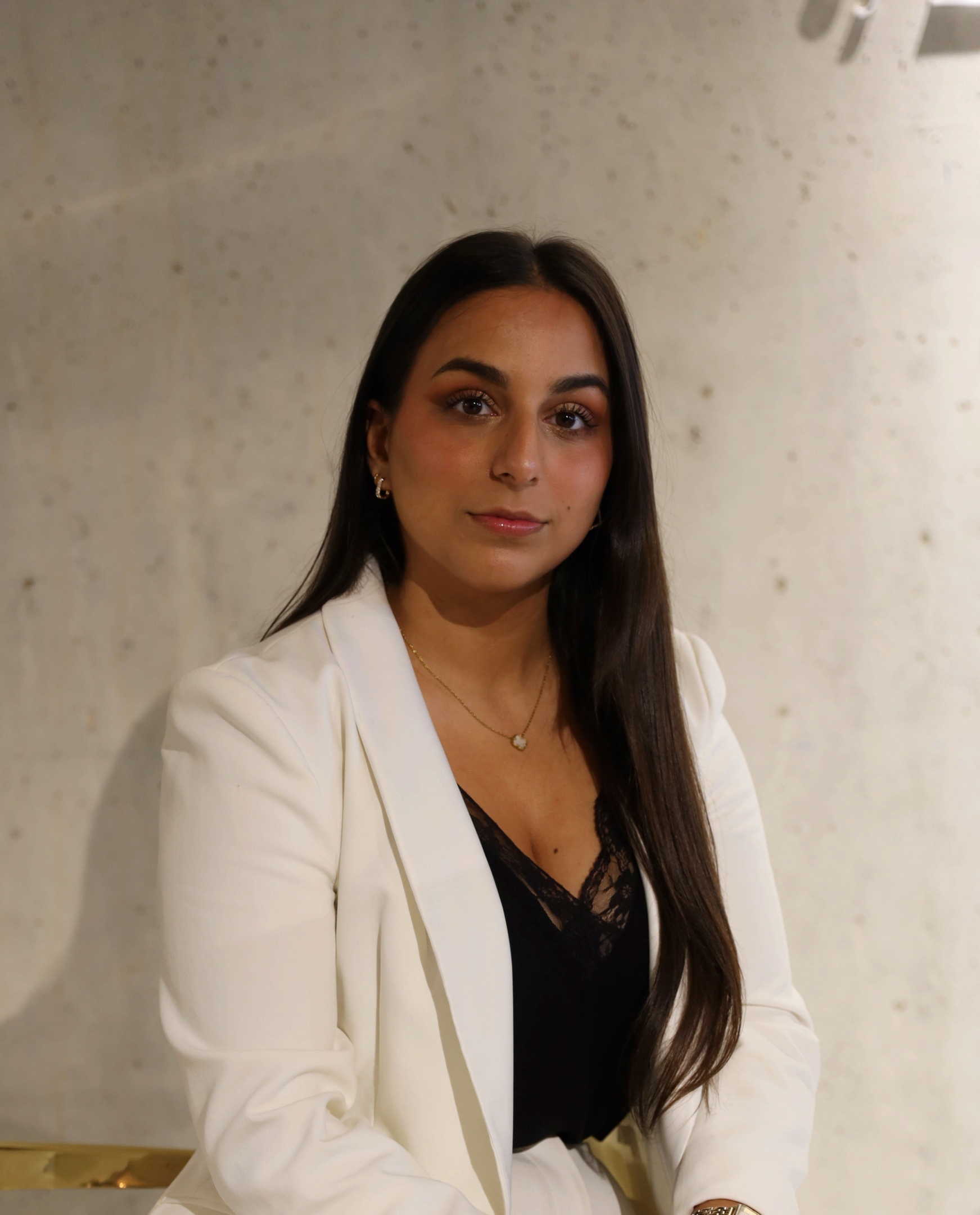
Currently focuses predominantly on Roma history and culture. Bianca is an intercultural facilitator of Roma origin, who as a child experienced racism and prejudice and felt discouraged to continue her education. Inspired and encouraged by her father who had to give up his studies, she graduated with a degree in International Relations. Another source of her motivation stems from teachers who motivated her to continue, persevere and thrive. Bianca is a member of OPRE, an initiative directed at young higher education students from Roma communities in Portugal, with the central objective of encouraging young Roma to continue this cycle of studies. She works towards countering prejudices and is well experienced with research on Roma history. Her positive attitude combined with passion help her work in the area of Roma inclusion.
Israel Paródia
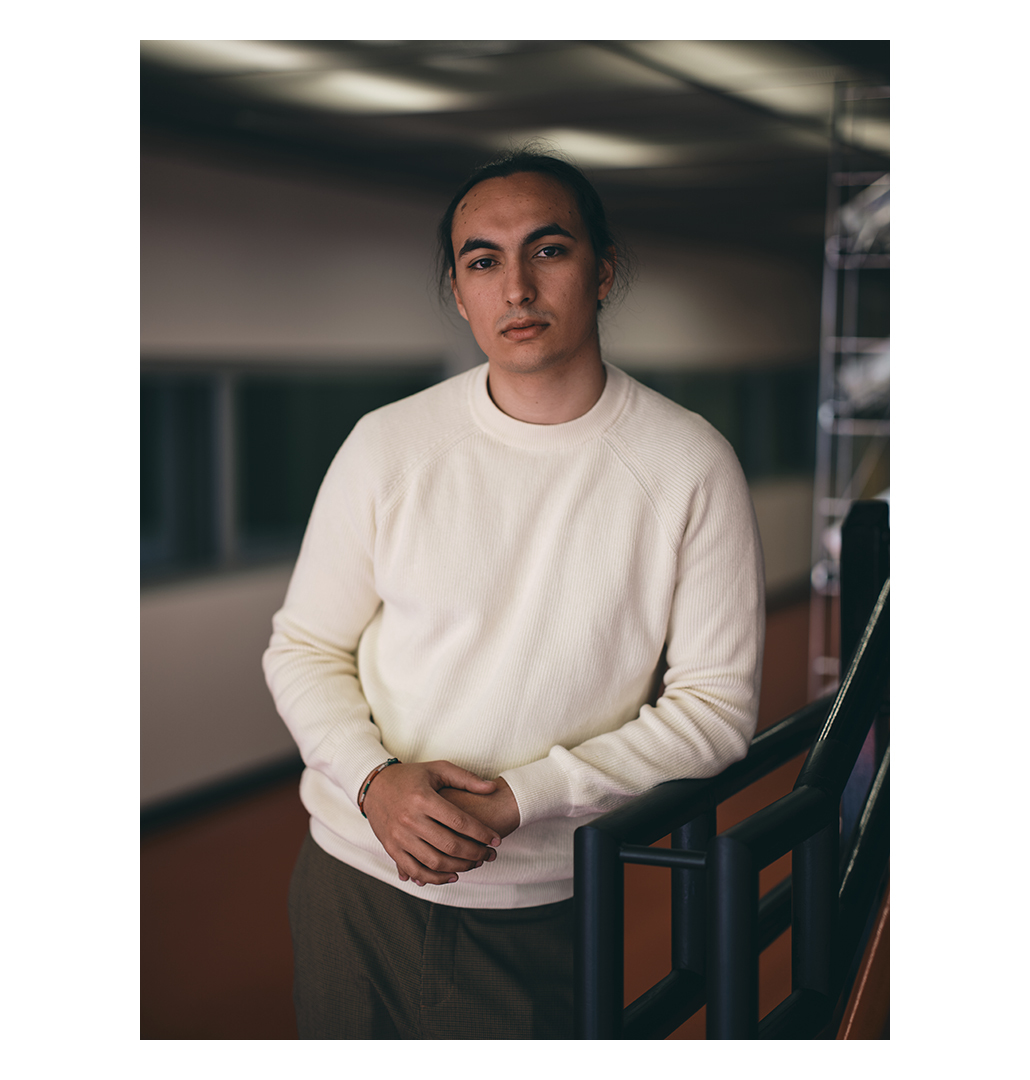
Defining himself as advocate for social justice and equal opportunities for all, Israel is the first Roma doctor/medical student in Portugal to assume his ethnicity publicly. Nominated for young man of the year of Portugal in 2021, he is currently a political commentator in TSF national radio station. He has delivered a testimony on national TV and during several public events, commenting the State of the Union speech on TV next to the President of the Representation of European Commission in Portugal. He was invited by the famous TV host Cristina Ferreira, and by Fundação Francisco Manuel dos Santos to write a special book with different Portuguese personalities, including the Portuguese President Marcelo Rebelo de Sousa. He is a role model for Roma community in Portugal with direct interventions in the community. Israel is highly aware of the segregation in Portugal and the link between quality education and spatial segregation, even if he attended a mainstream school himself. He is politically active in health and inequality policies, focusing on the impact of the social determinants of health on several minorities, especially on Roma communities.
Romania
Catalina Olteanu
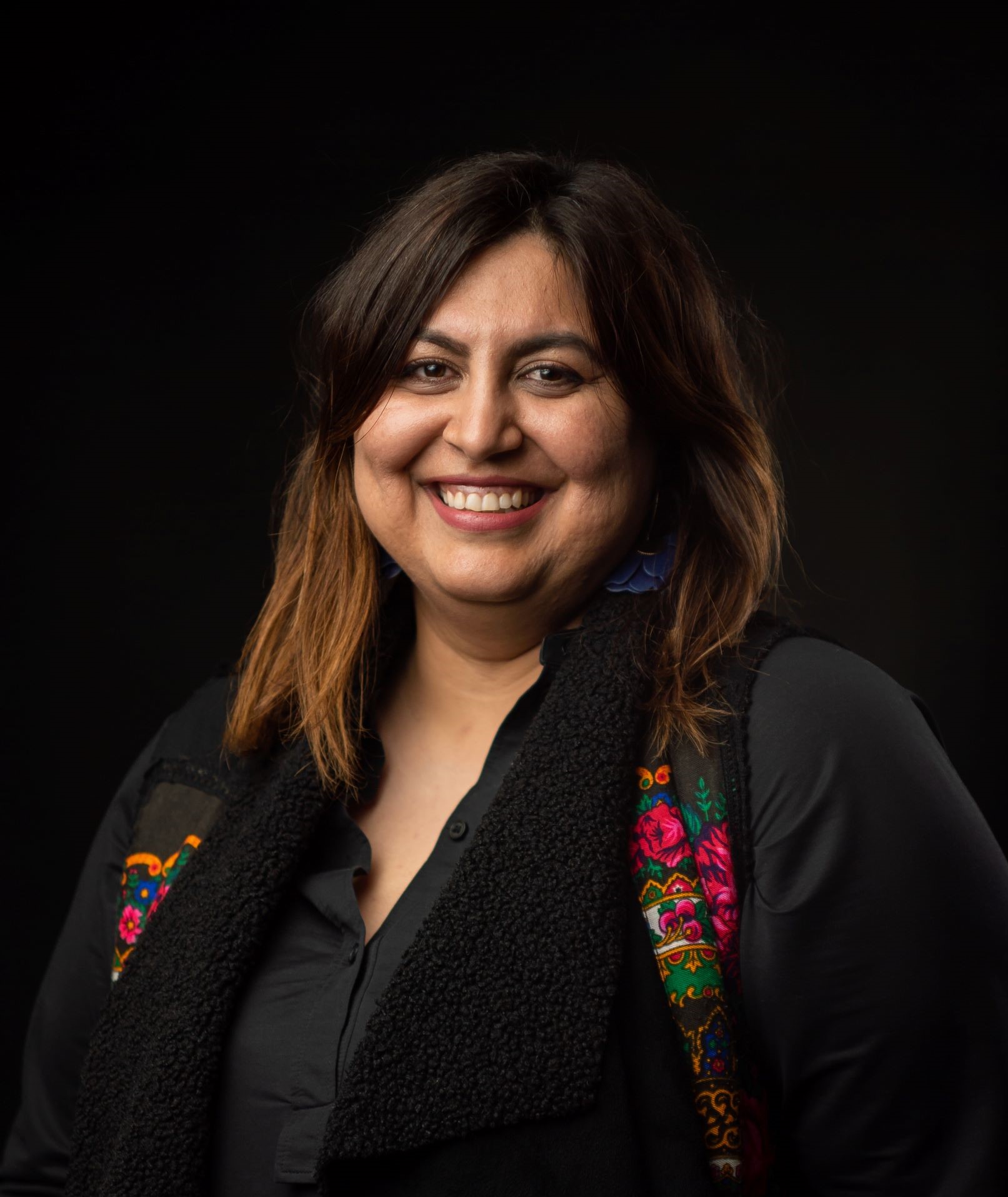
A Roma activist who grew up in a segregated district in Romania, she personifies perseverance and motivation to change the situation. Since graduating from University, she has been involved in advocacy for Roma issues as part of Impreuna Agency but also independently. Since 2020, she serves as a Steering Board Member of the National Council for Combatting Discrimination in Romania, a government authority in the field of discrimination and an autonomous legal entity under the jurisdiction of the Parliament. It guarantees the observance and application of the principle of non-discrimination, in accordance with current domestic legislation and the international documents. As a trainer on inclusive education, human rights and non-discrimination, Catalina works on sharing experiences and stories with teachers, students, and public institutions. As an INSCHOOL facilitator, knowledgeable of Roma issues, she provided methodological support to the two schools in Romania.
Slovak Republic
Ondrej Olah
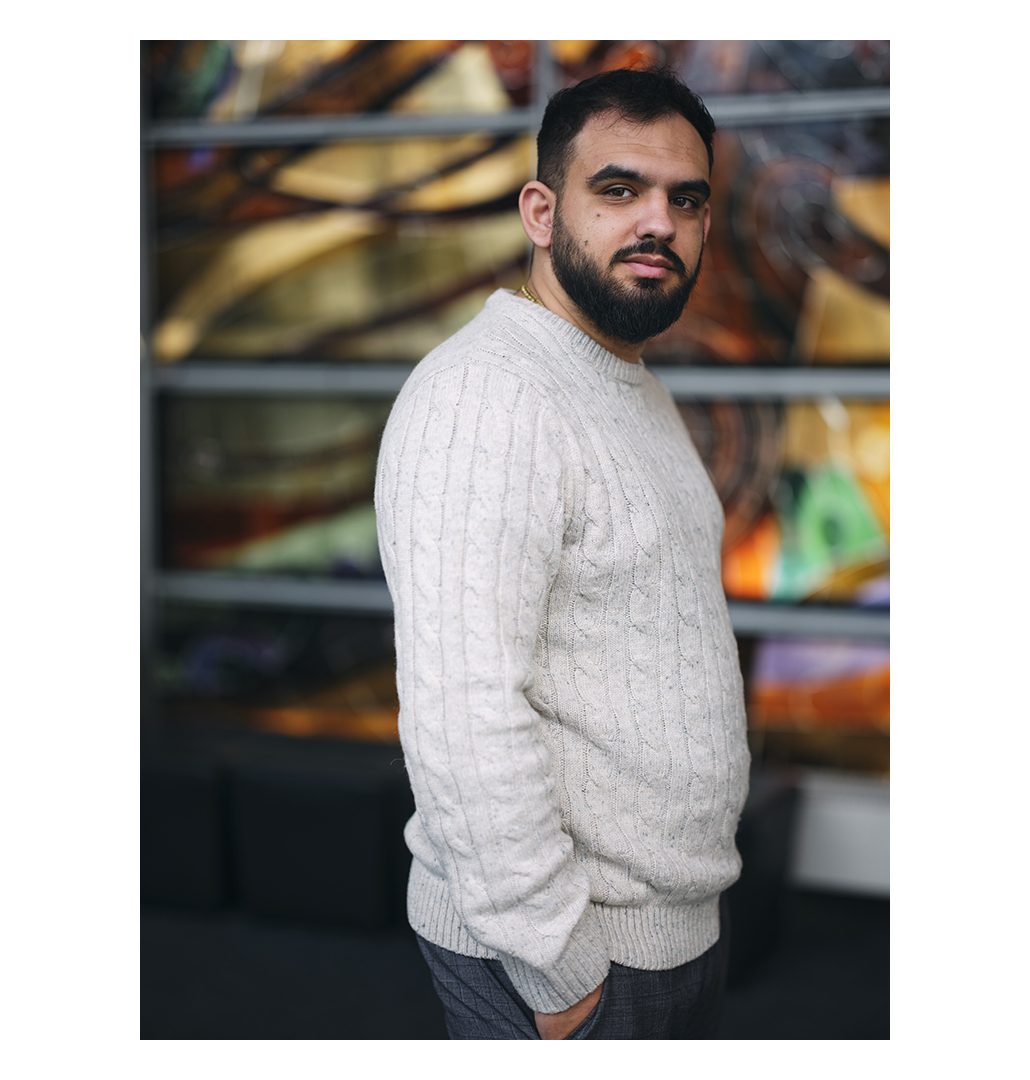
Ondrej was the first appointed INSCHOOL Ambassador in 2017. He is a Roma from the Slovak Republic who, as a child, was placed in a special school and dropped out. After moving to the United Kingdom, he had a chance to attend an inclusive school where he exceled his potential and personal ambitions. He graduated as one of the best students in the Psychology course at the University, runs his own business and holds a senior level position at a company registered in the United Kingdom. Ondrej is respectful, professional and is a great storyteller with a charismatic character. He was recently involved in a documentary film “Leaving to Remain” which shows the lives of Roma in the United Kingdom and the obstacles they face on a daily basis. You can read about his personal story here.
Michal Sivák
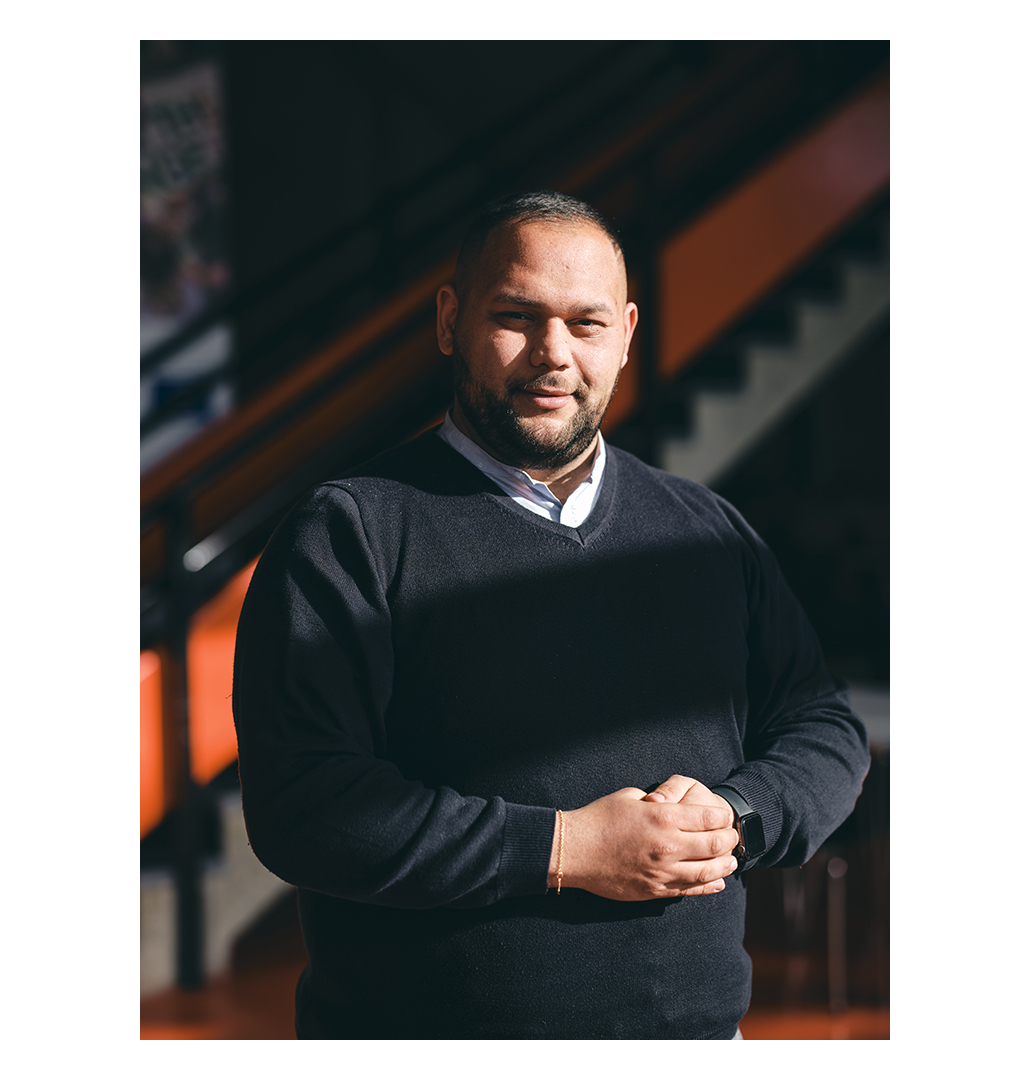
Michal is a teacher at a private elementary school where he teaches intellectually gifted children. He works in the area of education of teachers involved in education of Roma children. Through his work, he instructs and guides the teachers in employing different didactic methods in their work with Roma children. He is the host of a Roma educational show, teaching Roma children on TV since the COVID-19 pandemic. He works with various methods and forms of education and puts efforts through his teaching of the mainstream to accept Roma children so that their education is as effective as possible. He also works with Roma youth in Plavecký Štvrtek, where he leads a tutoring and mentoring programme.
International Ambassadors
Mark Penfold
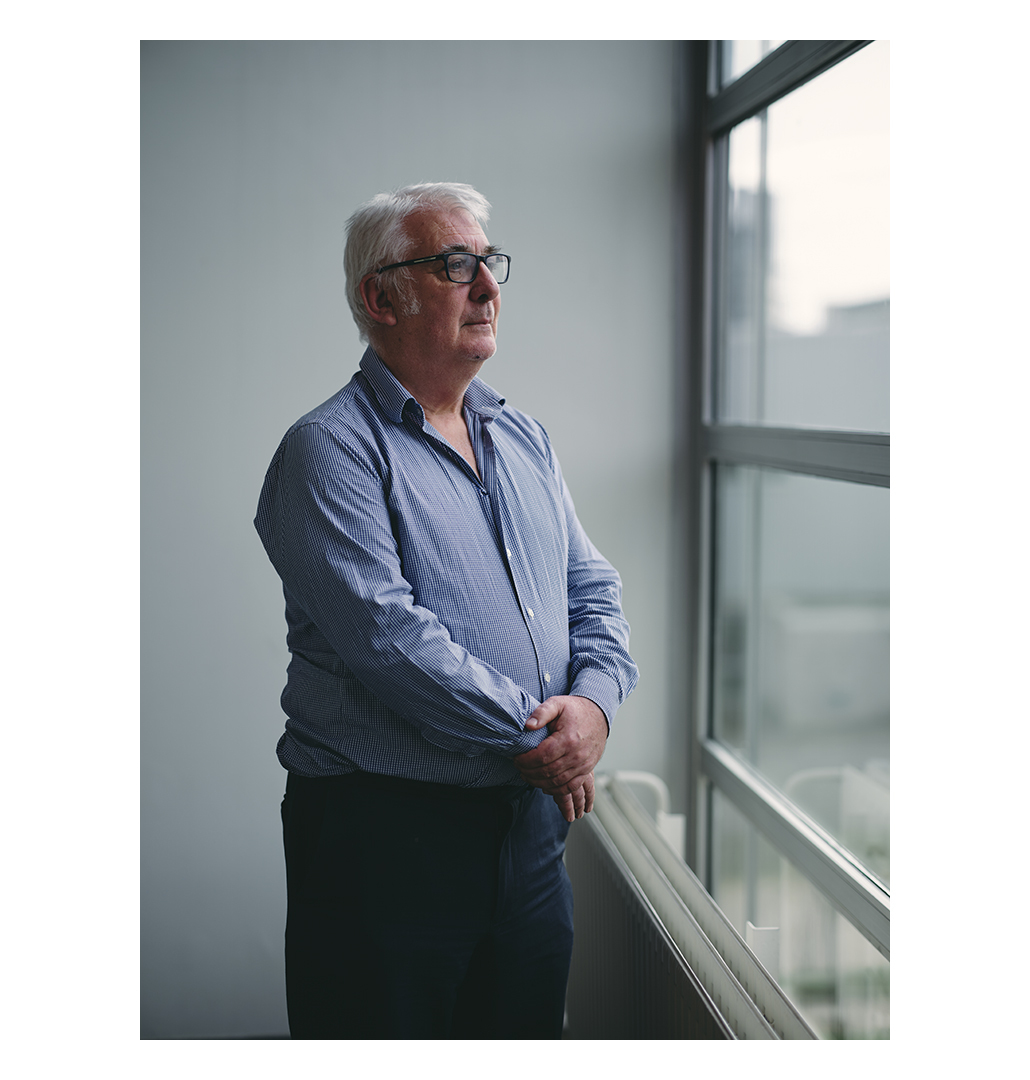
Former teacher with an extensive of working experience in Babington Community College, United Kingdom. The school and Mr Penfold himself have national and international reputation for outstanding inclusive education practice where many Eastern European children that moved to the United Kingdom have exceled and achieved highest possible qualifications. Mr Penfold is an expert in teaching pupils who do not master the language of instruction which led him to work with students from all over Europe, many whom speak Romani as their first language. He also served as a consultant for Gypsy, Roma and Travellers children in Leicester city and other UK education authorities.
Manjola Veizi
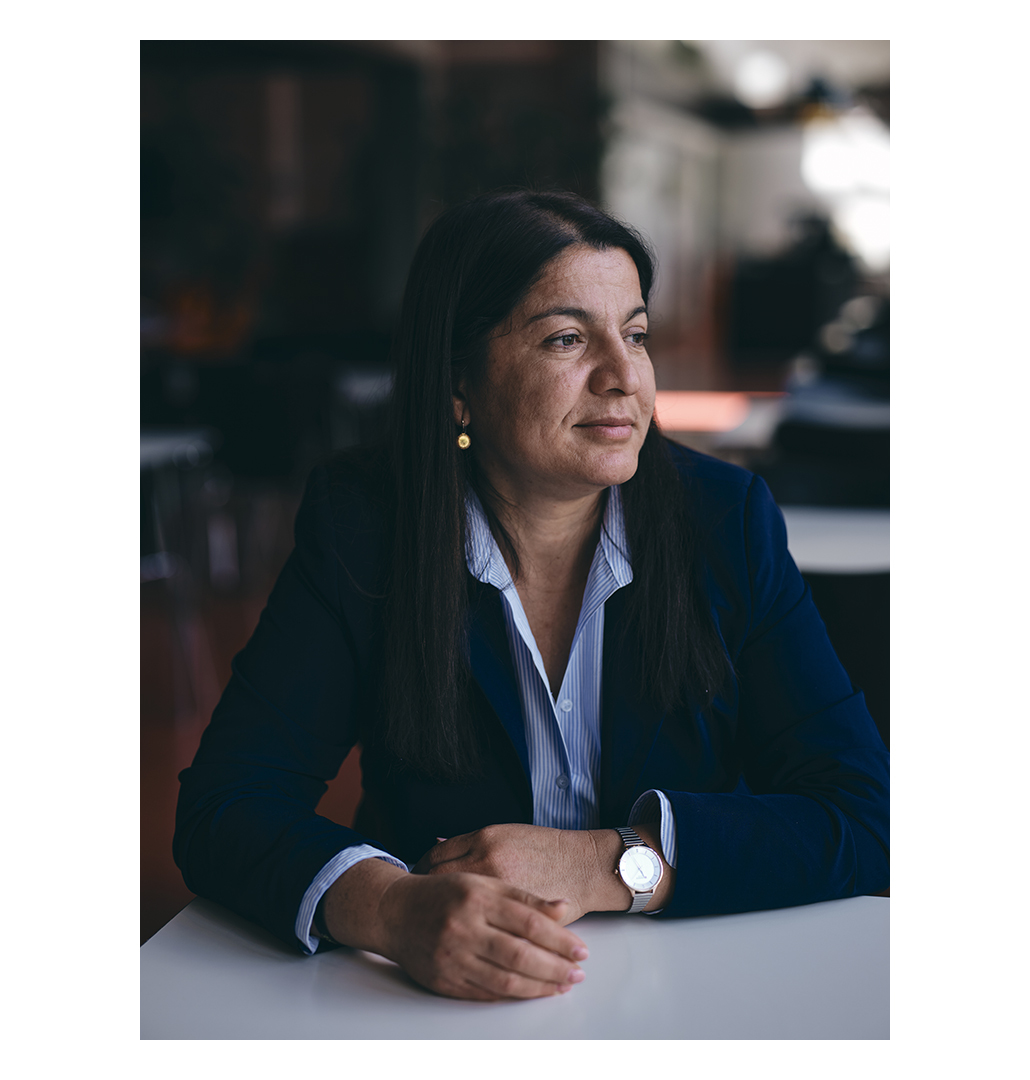
She is passionate about women empowerment and strongly believes that if women are empowered, entire families and the society will be empowered too. She leads the Roma Women Rights Centre (RWRC) in Albania, which she founded in 2012 and has been successfully managing many projects promoting equal opportunities and social inclusion for Roma. Ms Veizi is also part of the Albanian Bar Association. She has been directly involved in litigation and community organization activities on desegregation of Roma children, which has recently resulted in two segregated schools being closed in Shkodra and Berat. She has led and co-organised litigation and advocacy activities which led to the ruling of the European Court of Human Rights in the case of X and Others vs. Albania.








